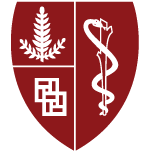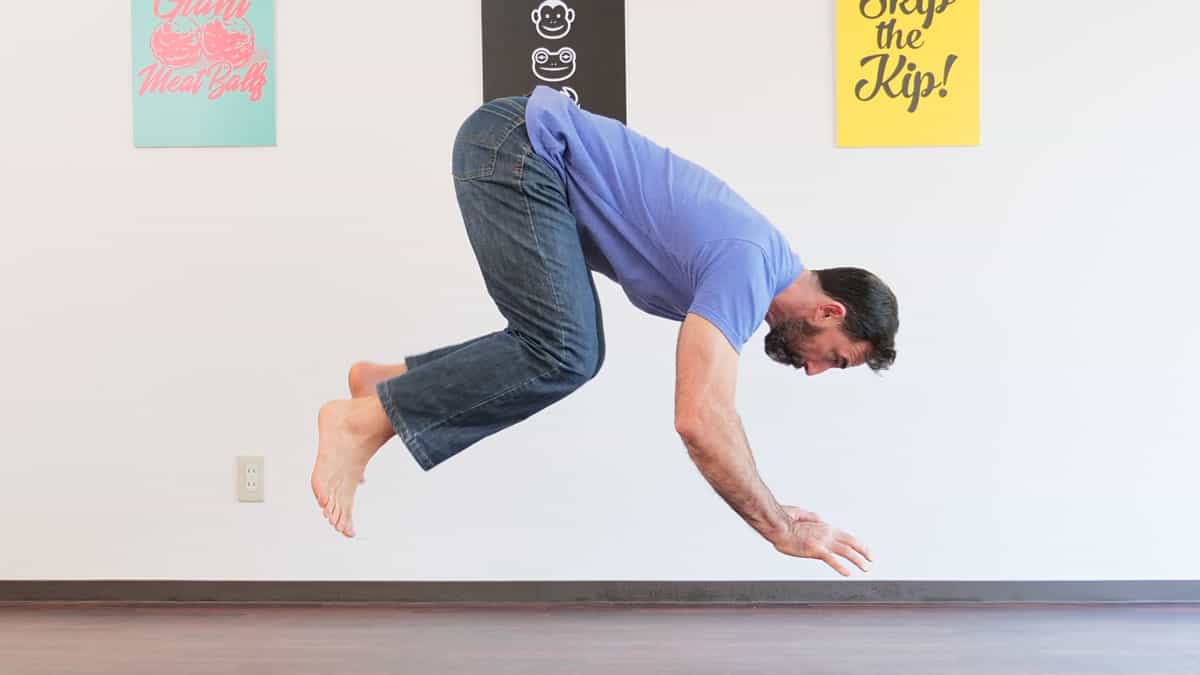It's not entirely normal. I don't know the percentage, but for some it is very debilitating. After I was diagnosed I found the Myocardial Bridge Support Group on facebook and hearing the stories there, I felt pretty damn lucky to have mild symptoms. Most of the people there end up getting the "unbridging" surgery and 90 % of them have to have sternotomy (open heart surgery), which must really suck. There is only one doctor in Chicago who does it laparoscopically. I had mild symptoms (angina) which seems to have responded well to pharmacological therapy (beta blockers), although mine was always "anomalous" and "a mystery." That's because I would get angina at the start of my runs and then after ten minutes it would go away and only come back if I pushed my heart rate. My MD said maybe the other arteries take up the slack. His response to my running was, "Wear a heart rate monitor, don't go over 80% of max HR and walk or stop if you get any chest pain." He also told me to run with a dose of aspirin in mu pocket, just in case. I thought he was pretty conservative so I got a second opinion from the leading MD on the condition, a Dr. Schnittger at Stanford. She had a more ominous explanation for why the pain went away- endorphins are masking the pain. She told me not to run at all. I went with my MD's advice. I've been running problem free ever since. I have found articles on "capillarization" and "corollary coronary arteries" which seem to support my MD's theory. One reason I'm so obsessed about cardio training protocols is because of that.
FYI-

med.stanford.edu
During a stress test, an asymptomatic 40-year-old man showed an ST depression above 4 mm and a horizontal ST depression above 2 mm in the V3 to V6 precordial leads during the recovery phase, without symptoms related to myocardial ischemia. After several ...

www.ncbi.nlm.nih.gov
Corollary arterial development-
A 3-month endurance exercise training program augments coronary collateral supply to normal vessels, and even to previously stenotic arteries having undergone percutaneous coronary intervention before initiating the program. There appears to be a dose-response relation between coronary...

pubmed.ncbi.nlm.nih.gov
Bottom line- exercise is good for you.
I wrote all that, and then realized by "normal" you were talking about the pressure spike. I'm not sure the reasoning behind that. They obviously never tested me for high spikes. My next visit I'll ask why it is a risk. I was also told initially to avoid going over 80% of Max HR. I've been doing intervals now for about a year. I'll have to tell MD.







